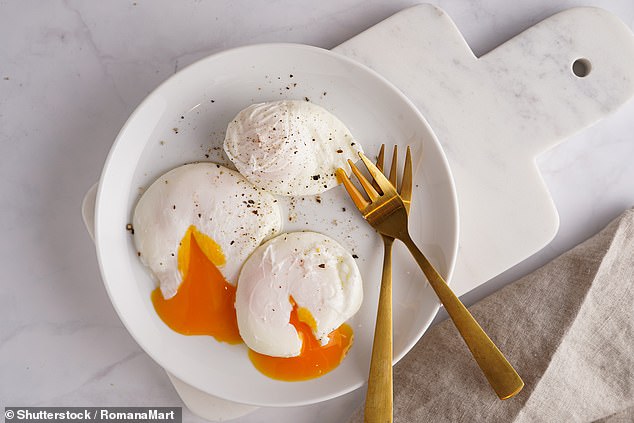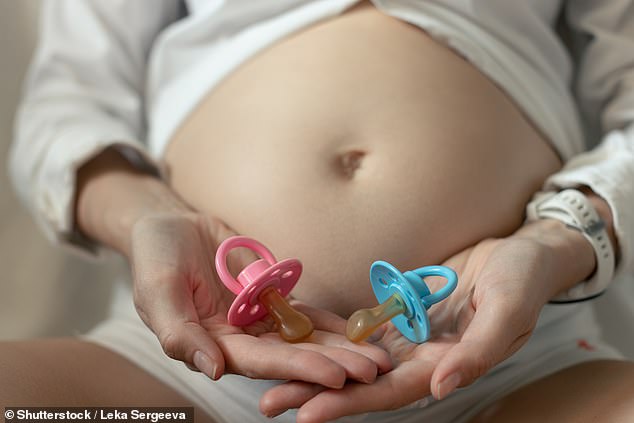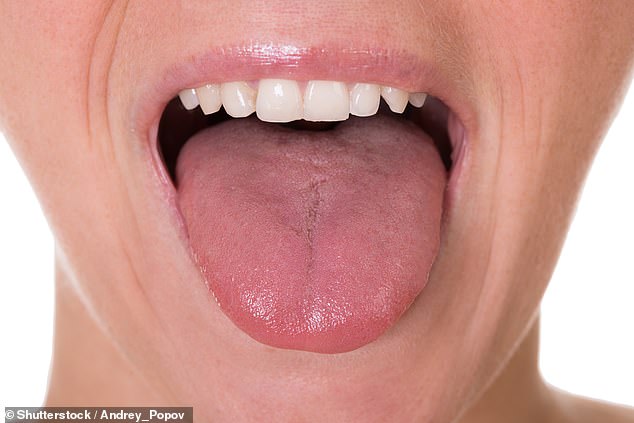Science
Science Links Egg Preferences to Personality: Boiled Eggs Spell Bad News
What Your Breakfast Egg Choice Reveals About You (Approx. 600 words) [Image: Variety of egg dishes – poached, boiled, fried, scrambled, and omelettes.] Your go-to breakfast egg might reveal more than just your taste buds’ preferences. A British Egg Industry Council study surveyed 1,000 UK adults, linking egg-cooking styles to personality traits, professions, and even […]
Science Reveals Hidden Health Clues in Your Breath Odor
What Your Breath Reveals About Your Health By Xantha Leatham, Executive Science Editor Published: 08:57 BST, 26 July 2025 | Updated: 08:57 BST, 26 July 2025 While bad breath (halitosis) is often blamed on poor dental care or coffee consumption, it can also signal underlying health conditions. Dental technologist Allen Zhang highlights five distinct breath […]
Science Unveils Shifting Power Dynamics: The Decline of Alpha Male Dominance in Gender Relations
Rethinking the Alpha Male: Female Primates Challenge Dominance Myths The concept of the “alpha male” as an unchallenged leader is more myth than reality, according to groundbreaking research on primate behavior. Studies reveal that females in many species frequently outcompete males, control mating, and even dominate social hierarchies—upending long-held assumptions about male superiority. Female primates […]
Parental Gender Odds Debunked: Science Reveals Unequal Chances for Sons vs. Daughters
Study Reveals Maternal Age Influences Baby’s Sex—It’s Not 50/50 After All [Image: Mother with children] Caption: Maternal age impacts the likelihood of having children of one sex, Harvard researchers find. For decades, the chance of having a boy or girl was assumed to be a 50/50 coin toss. However, a Harvard University study challenges this […]
Science Reveals the Secret Eye Signal to Instantly Get What You Want
The Secret Eye Signal to Instantly Get What You Want By Xantha Leatham, Executive Science Editor We’ve all been there: stuck at a dull party, silently pleading with our partner to leave, or wishing they’d refill our wine glass without a word. Now, scientists have uncovered the most effective way to non-verbally signal your needs—no […]
Decoding Celebrity Ink: Science Reveals What Tattoos Say About Stars Like Ed Sheeran and The Rock
Celebrity Tattoos and What They Say About Personality, According to Science From David Beckham to Justin Bieber, celebrities often use tattoos to express themselves—but these inked designs might shape how others perceive them. A Michigan State University study revealed that people make snap judgments about personality traits based on tattoo styles, though these assumptions rarely […]
The Science of Perfect Eyebrows: Why Katie Price’s Approach Defies Research
Katie Price’s Evolution: From Natural Beauty to Surgery Icon (Images included below highlight key transformations.) 1995 Image 1995–1998: A Natural Start Katie Price, then 17, began her career as a fresh-faced model with natural curls and minimal makeup. Her breakout as The Sun’s Page 3 star “Jordan” in 1996 catapulted her to fame. Reflecting later, […]
Dad’s Cringe-Worthy Jokes Not Genetic: Science Confirms Humor Doesn’t Run in Families
Dad Jokes Aren’t Genetic, Study Finds (And Other Humor Secrets) Dad jokes—the cringeworthy puns that dominate family gatherings—might not be your fate after all. According to a groundbreaking study, humor doesn’t run in families like intelligence or eye color. Researchers compared over 1,000 twins (identical and non-identical) by asking them to write funny captions for […]
Science Explains What Your Tongue Reveals About Your Health
The Tongue: A Window to Your Health The tongue isn’t just for speech and taste—it’s a vital health indicator. Experts reveal that its color, texture, and shape can signal underlying conditions. A healthy tongue is pink with a rough surface from tiny bumps called papillae. Deviations may hint at issues needing attention. Here’s what to […]
"Unveiling the Future: How Science Could Grant Human Superpowers by 2030"
By 2030, Rapid Tech Advances Could Make Sci-Fi Abilities a Reality By 2030, humanity may witness breakthroughs that blur the lines between biology and technology. From robotic exoskeletons granting superhuman strength to AI wearables unlocking enhanced senses, these innovations could redefine life as we know it. Futurists like Ray Kurzweil predict a merging of humans […]








